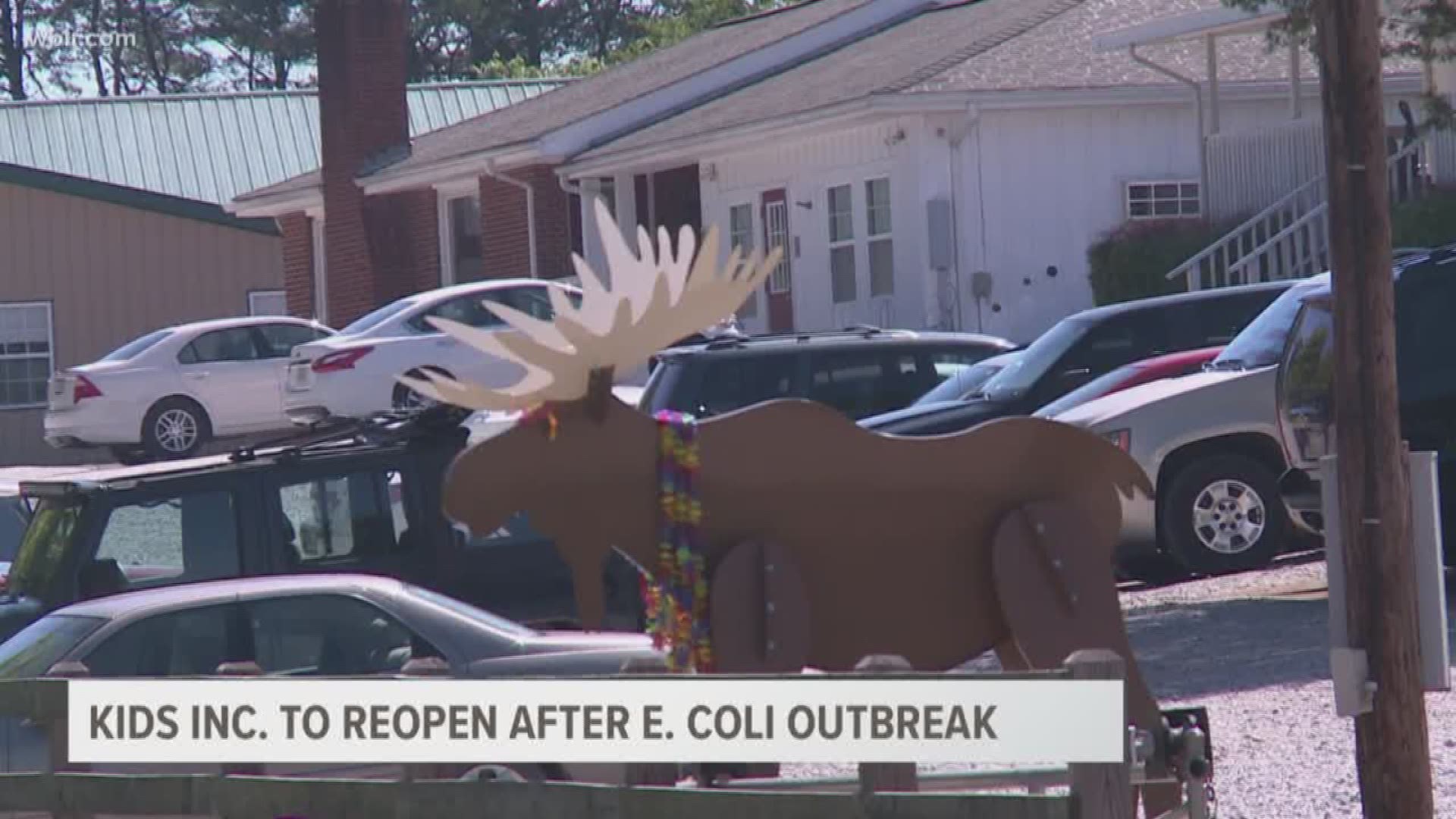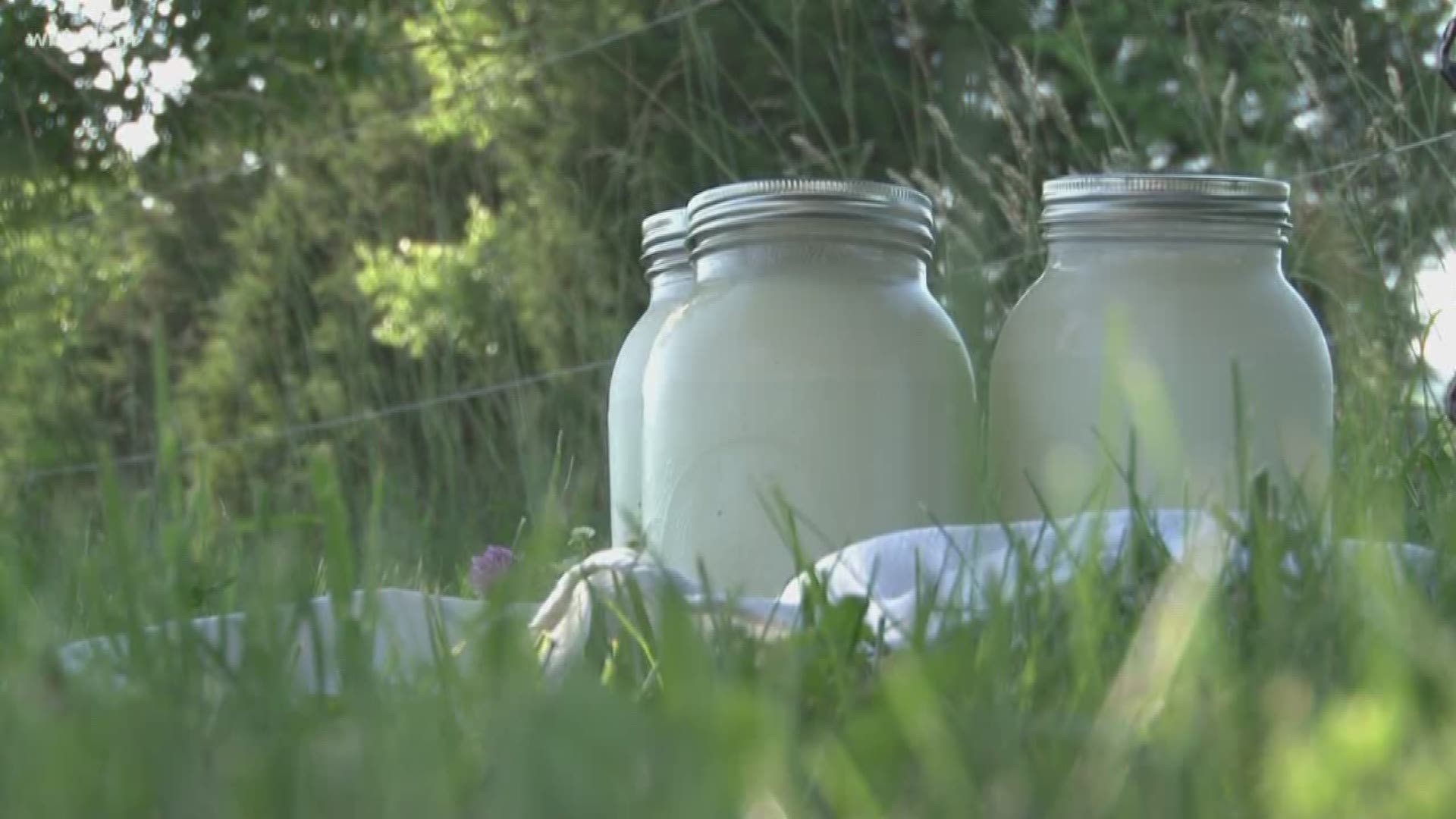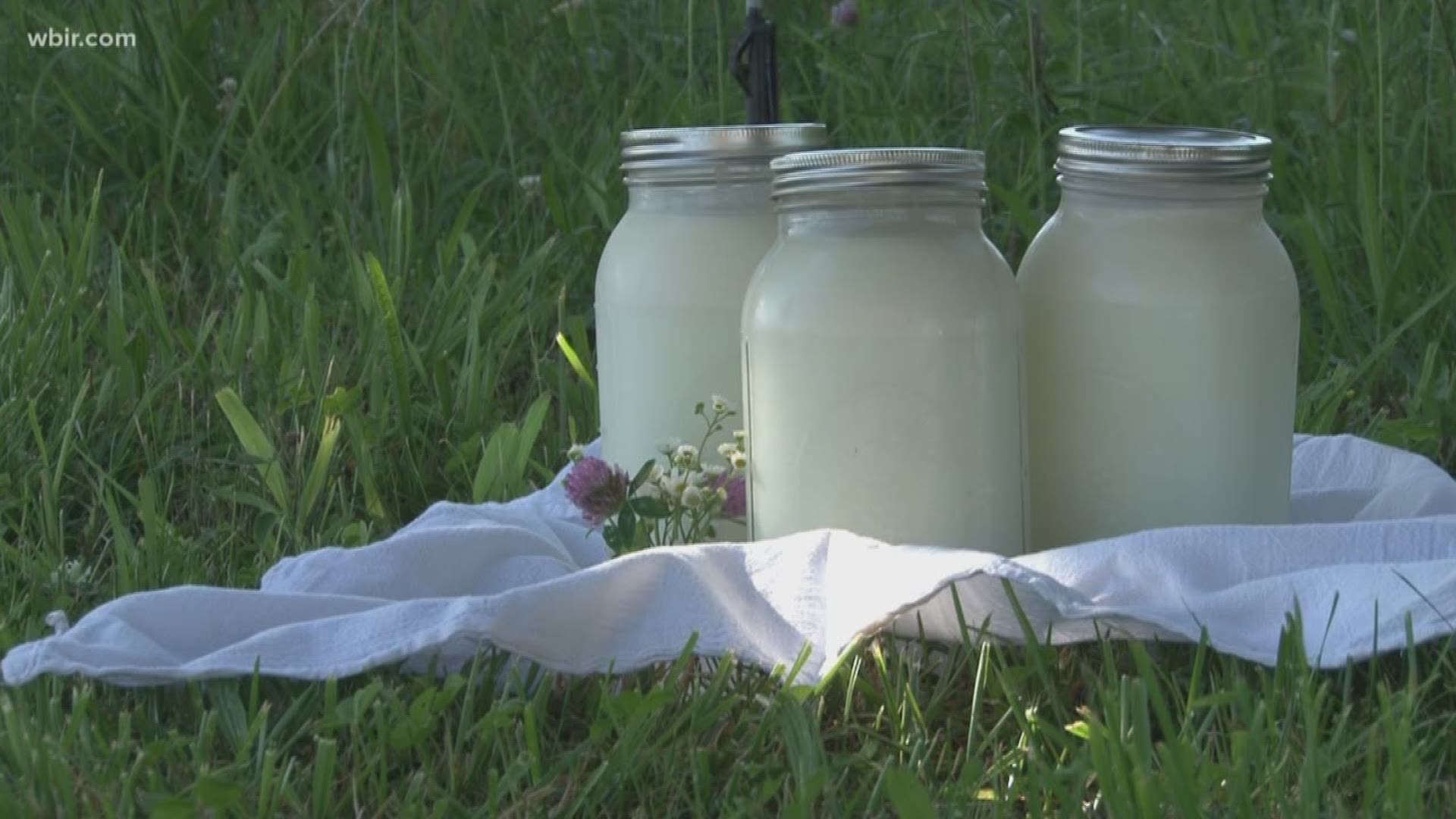The Knox County Health Department (KCHD) has confirmed that two separate strains of E. coli sickened 15 children last month, and that the outbreak appears to be over.
All of the cases were among children. Nine of them were hospitalized but only one is still being treated at East Tennessee Children's Hospital, where the child is in fair condition.
KCHD began a thorough investigation to determine where the children were getting sick, and they traced the infection to two possible sources--- children who drank raw milk from French Broad Farm and five children who attended the same daycare center.
But they couldn't find a link between the two. Now, as the investigation has completed, KCHD has confirmed that these were two separate clusters of E. coli happening at the same time.
“While it is rare, it appears we had two sets of children sickened by two different strains of E. coli O157 at the same time. The epidemiological evidence overwhelmingly supported the two-source theory: consumption of raw milk and some type of contact, most likely indirect, with ruminant animals,” said KCHD Director Dr. Martha Buchanan. “The investigation revealed no definitive connections between the two sources or the two groups of ill children. And this is now supported by the state’s lab results confirming it was two different strains of E. coli O157.”
Testing has matched the strain of E coli that infected the 10 children who drank raw milk with cow manure samples at French Broad Farm. The lab has not found the E. coli in raw milk samples from the farm, but that's not unusual, according to KCHD, and it doesn't mean the milk is free of contamination.
"E. coli bacterium do not distribute themselves uniformly in milk, meaning a portion of even the same glass of milk can be contaminated while another portion is not. This is one reason why raw milk is inherently risky," said KCHD in a press release. "Due to the nature of E. coli and other pathogens that can be present, and even with the strictest safety precautions in place at a dairy, including testing the milk, there is no way to guarantee raw milk is safe for consumption. This is why health officials recommend the public consume only pasteurized milk and dairy products."
Officials believe the contamination event at the farm happened in mid-May, based on when the children started showing symptoms.
As for the other five children who became sick, they all attended Kids Place, Inc. in Mascot, where goats are kept. DNA testing confirmed that the strand of E. coli the children were infected with matched a goat fecal sample and a hay sample from the child care facility.
"E. coli O157 is naturally found in the intestinal tracts of many farm animals, including healthy cattle, sheep and goats. Animals can carry E. coli O157 and shed it in their stool while still appearing healthy and clean. E. coli can contaminate the animals’ skin, fur, and the areas where they live and roam," according to the KCHD press release.
The health department said both Kids Place, Inc. and French Broad Farm fully cooperated with the investigation, and both were allowed to resume normal operations last month.
KCHD believes the E. coli outbreak is over because they have not seen any further cases.




